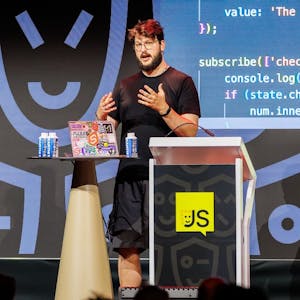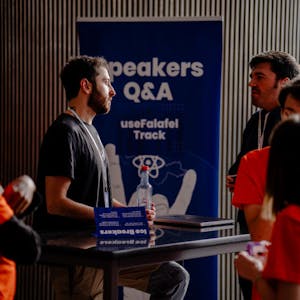46 min
Building Full Stack Apps With Cursor
Workshop
En esta masterclass cubriré un proceso repetible sobre cómo iniciar aplicaciones full stack en Cursor. Espere comprender técnicas como el uso de GPT para crear requisitos de producto, esquemas de base de datos, hojas de ruta y usarlos en notas para generar listas de verificación que guíen el desarrollo de aplicaciones. Profundizaremos más en cómo solucionar alucinaciones/errores que ocurren, indicaciones útiles para hacer que su aplicación se vea y se sienta moderna, enfoques para conectar cada capa y más. Al final, ¡espere poder ejecutar su propia aplicación full stack generada por IA en su máquina!
Por favor, encuentre las preguntas frecuentes aquí
Por favor, encuentre las preguntas frecuentes aquí








































































